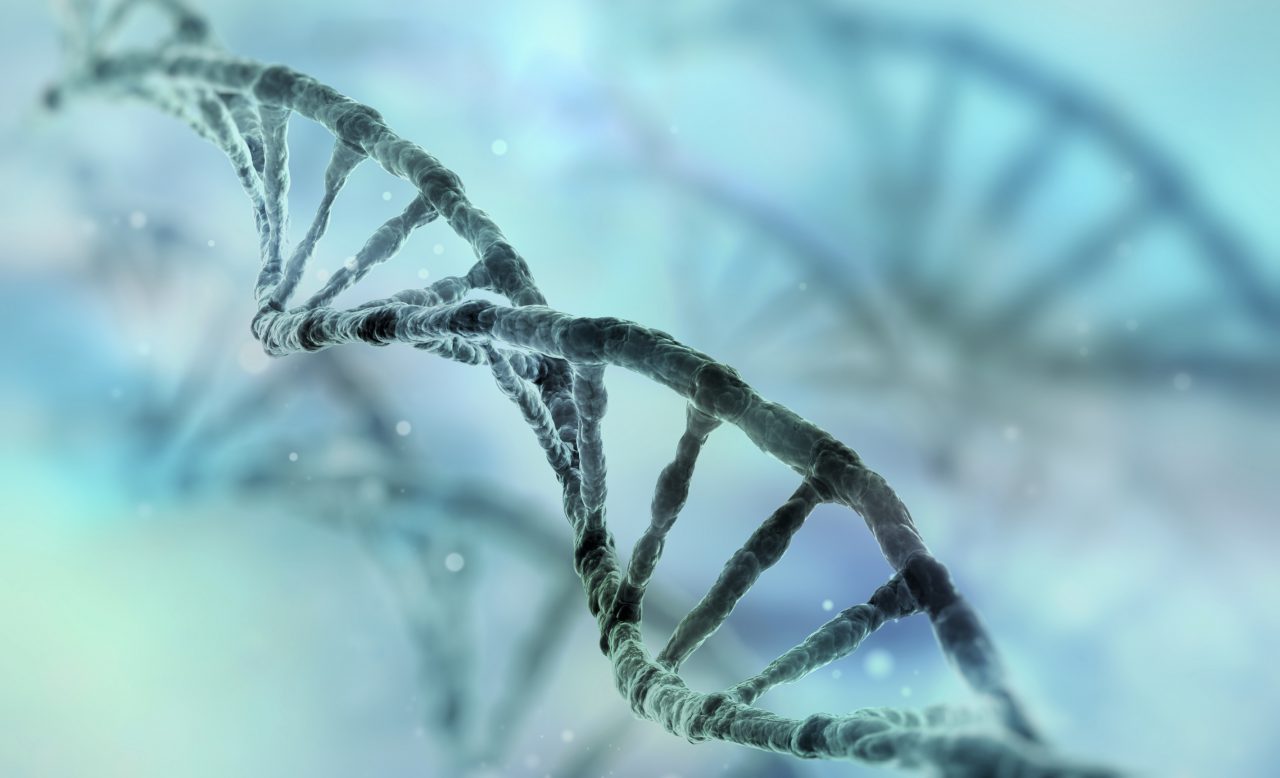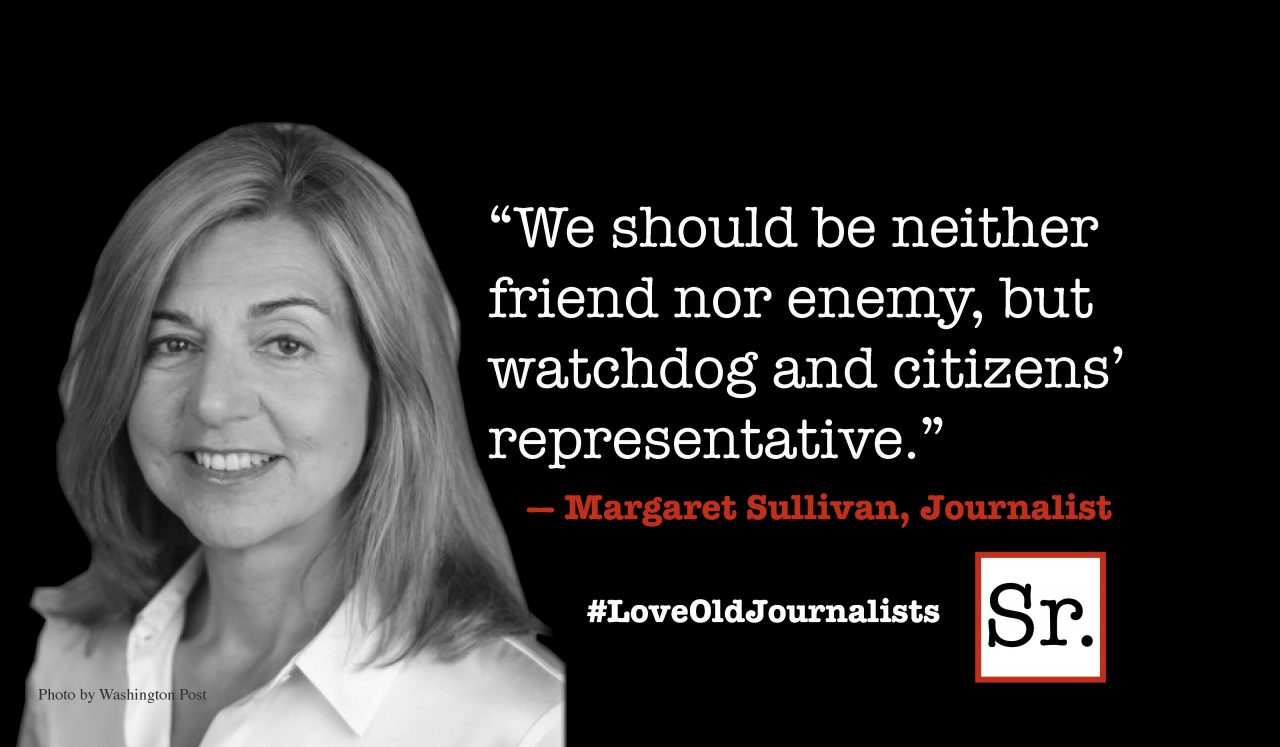Now the word of the LORD came to me saying,
“Before I formed you in the womb I knew you, and before you were born I consecrated you; I appointed you a prophet to the nations.”
Then I said, “Ah, Lord GOD! Truly I do not know how to speak, for I am only a boy.”
Jeremiah 1:4-6
This week’s lectionary highlights a passage that shows how little God trusts us with certain information.
According to Jeremiah, God replied, “Do not say, ‘I am only a boy.’”
God did not, for obvious reasons, add an inconvenient truth. God could have added: “For thou art a virtual microbiome and thy body livest with ten times more non-human cells than human cells.”
Perhaps it is enough to say there is more to Jeremiah than meets the eye. But, as we know now, there is so much more.
Ed Yong, science writer for The Atlantic, probably didn’t know he was writing a devotional book when he penned I Contain Multitudes, The Microbes Within Us And a Grander View Of Life. But Yong has raised questions that are deeply spiritual as well as complexly biological.
What’s he saying? More than half the cells in your body aren’t even human?
It’s no surprise God didn’t reveal this in the beginning.
So God created humankind in his image,
in the image of God he created them;
male and female he created them,
and he created them a microbiota,
a microbiome that resideth in the skin, mammary glands, placenta, semen, uterus, ovarian follicles, lung, saliva, oral mucosa, conjunctiva, and gastrointestinal tracts.
And God saw that it was good.
Obviously there would have been little point in revealing these facts to a brass age culture. But is our modern intellect sturdy enough to take it all in?
For the science-minded among us – including the odd atheist – Yong’s book is merely a beautifully written description of the symbiotic complexity of biological evolution. How human-microbiome relationship progressed is a marvelous accident.
For us persons of faith, the obvious reality requires some intellectual and spiritual acrobatics.
We view our bodies as temples of the Holy Spirit, fearfully and wonderfully made. We think of ourselves as miraculous and immaculate creations of an all-powerful Creator. We see ourselves as fashioned in the image of God’s creative temperament.
Most of us no longer think of ourselves as formed in God’s physical image because – despite Michelangelo’s breathtaking depiction of a white bearded Creator – it has become unseemly to ponder a God requiring all those follicles and appendages, including gonads. As future theologian James T. Kirk revealed it, why would God need a starship? Kirk might as well have asked why would God need a microbiome? God is spirit, and microbes are corporeal.
And, to many of us, microbes are disgusting. It does little for our self-respect to look in a mirror and know if we could see individual cells, most of them would not be human.
For those of us who espouse traditional theology, our microbiome gets in the way of questions we’d rather not think about. What about the Immaculate Conception? What about the incarnation? What about the resurrection? Do all of these events assume the presence of billions of ubiquitous and ghastly bugs?
Perhaps it is some comfort that Yong, described by his peers as in the highest tier of international scientists, defends the bugs. The microbes within us, he says, are neither good nor bad.
In a recent interview with Fresh Air’s Terry Gross, Yong scoffs at our “long-standing idea that microbes are germs, are enemies that we need to destroy lest they destroy us.”
Actually, Yong says, “many of these microbes are profoundly important for our lives … there isn’t really any such thing as a good microbe or a bad microbe. They just live with us. They are our partners in life and they can often do us tremendous amounts of good. They can help to digest our food and tune our immune system and protect us from disease. But if they get in the wrong place or if our relationship with them breaks down, then they might also do us harm.”
Devotees of yogurt and probiotics, of course, have made our peace with the notion that microbes can aid our digestion, improve our heath, and be very good for us.
Still, it challenges our old time religion. If more than half the cells within us are not our cells, what are we: a child of God or a pod whose body has already been secretly snatched?
Of course many will see Yong’s book and as another confirmation of their view that humans were not creatures of a higher power but an accidental development in evolutionary antiquity.
But perhaps there is nothing accidental about it. Yong enhances our spiritual explorations by providing a useful context.
“If you condense the history of the Earth into a single calendar year,” he told Gross, “the Earth was created in the first of January and we are now in the 31st of December just before the stroke of midnight, then humans arose about 30 minutes ago. And even all the multicellular creatures, the things we can see, all the animals and plants we’re familiar with, only arose a couple of months back, whereas bacteria probably first evolved, say, at the start of March. So for the vast majority of life on Earth, everything was microbial … bacteria have been the rulers of the planet for most of the Earth’s history, and they are still the rulers of the planet.”
For biblical literalists, it can be said that the creation of microbes seems to have taken place sometime between the second and third days of creation, after God separated the waters from the firmament and before God gathered the water into seas and put forth vegetation.
Yong, whether he intends it or not, points us toward the possibility that the infinitely complex interactions of bacteria and human cells are so marvelous as to be divine.
That’s the information God left out of his declaration to Jeremiah (and the rest of us) when God said, “Before I formed you in the womb, I knew you.” (Jeremiah 1:4).
We can either dismiss the human microbiome as godless science, or we can stand in awe at this revelation of the intricate details of the building blocks of God’s living creation.
Can we accept that the stuff of human creation – the bacteria and microbes that give us substance and health – were never excluded from God’s plan but were there in the beginning, when there was the Word?
And the Word is this: God's eye is not only on the sparrow, but also on the microscopic Enterococcus Faecalis, a common bacterium of the human gut.
And if God watches the Enterococcus Faecalis, it can hardly be denied that God watches you.









